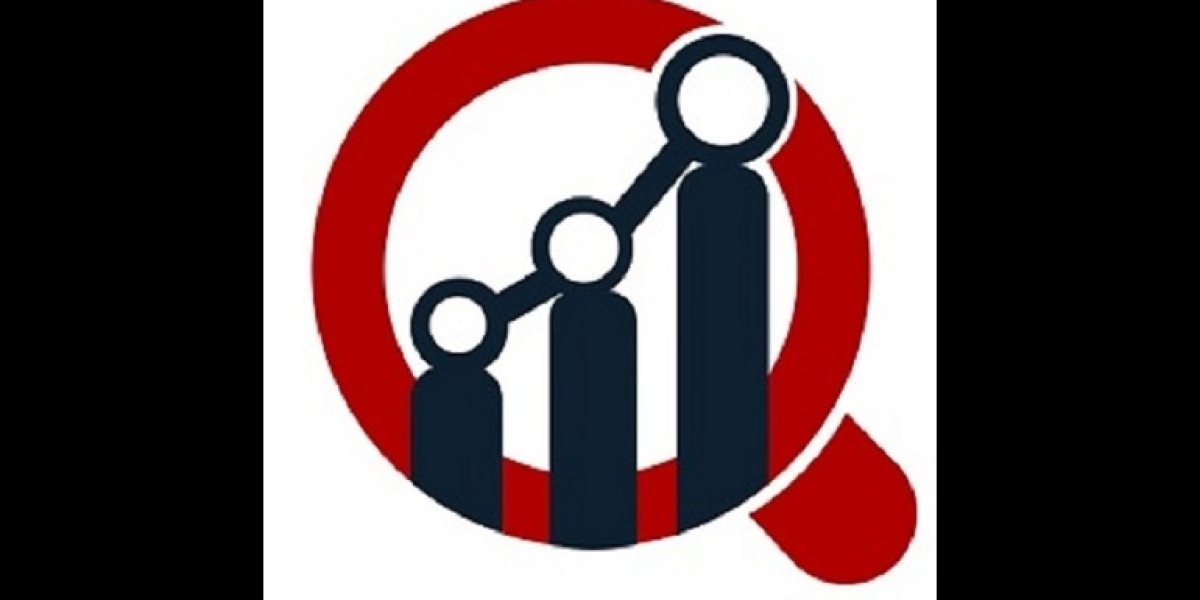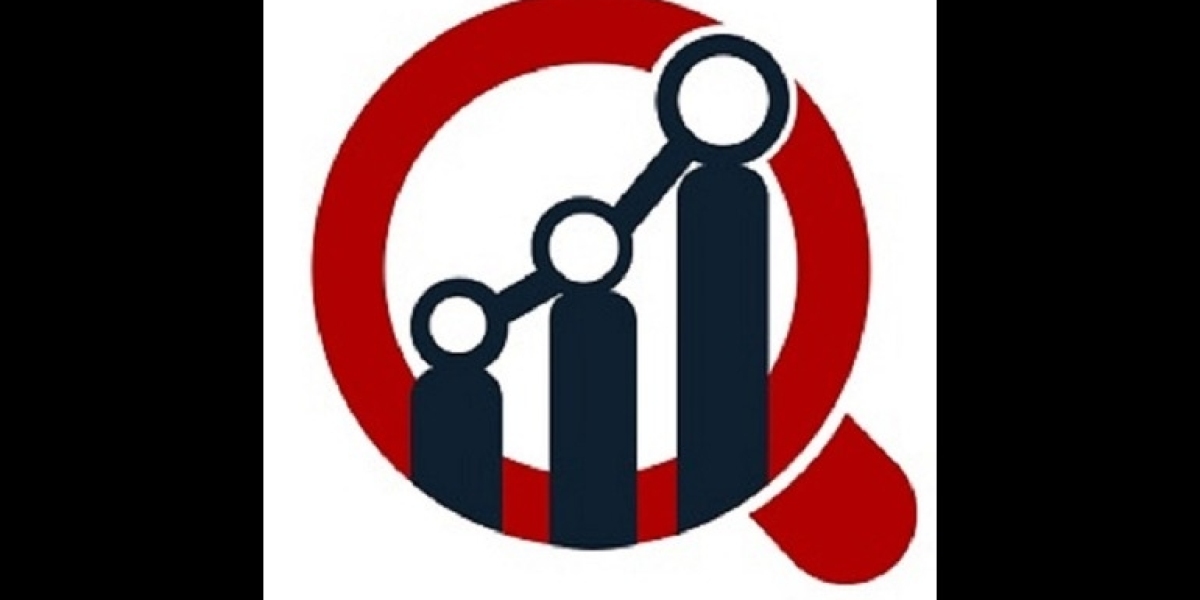Commercial Insurance: Safeguarding Businesses Against Risks
Commercial insurance is a vital component of business risk management, designed to protect enterprises from financial losses caused by unforeseen events. Whether it’s property damage, legal liability, employee-related risks, or business interruptions, commercial insurance provides a safety net that enables businesses to operate with confidence.
What is Commercial Insurance?
Commercial Insurance Market Size is a broad category of coverage tailored specifically for businesses and organizations. Unlike personal insurance, which covers individuals, commercial insurance is designed to address the unique risks that businesses face. It helps companies recover from accidents, natural disasters, theft, cyberattacks, and lawsuits that could otherwise result in severe financial strain or closure.
Types of Commercial Insurance
There are several types of commercial insurance, each addressing specific risks:
General Liability Insurance
Covers legal costs and damages if a third party (such as a customer or vendor) is injured on your premises or due to your business operations.Commercial Property Insurance
Protects buildings, equipment, inventory, and other business property from fire, theft, vandalism, and natural disasters.Business Interruption Insurance
Provides compensation for lost income and operating expenses if your business operations are temporarily halted due to a covered event.Workers’ Compensation Insurance
Required in many jurisdictions, this covers medical expenses and lost wages for employees injured on the job.Professional Liability Insurance
Also known as Errors & Omissions (E&O) insurance, it protects businesses against claims of negligence or inadequate professional service.Commercial Auto Insurance
Covers company-owned vehicles used for business operations, including liability and damage coverage.Cyber Liability Insurance
Offers protection against data breaches, cyberattacks, and digital threats that can compromise customer or business data.
Why Commercial Insurance is Important
Financial Protection: Shields businesses from large, unexpected costs that could derail operations or lead to bankruptcy.
Legal Compliance: Many types of commercial insurance are legally required depending on the industry and jurisdiction.
Client Trust: Having appropriate coverage demonstrates professionalism and reliability to clients and partners.
Business Continuity: Enables recovery from disasters or lawsuits more swiftly and effectively.
Choosing the Right Coverage
Selecting the right commercial insurance depends on several factors, including:
Size and type of business
Industry-specific risks
Number of employees
Location and property value
Regulatory requirements
Businesses often work with insurance brokers or consultants to assess their risks and tailor a comprehensive insurance package.
Conclusion
Commercial insurance is not just a regulatory formality—it is a strategic investment in a business’s long-term resilience and sustainability. With the right policies in place, companies can navigate uncertainties, maintain operations during crises, and focus on growth without fear of financial ruin from unforeseen events.
Related Report -
Musical Groups And Artist Market
Operations Advisory Service Market







